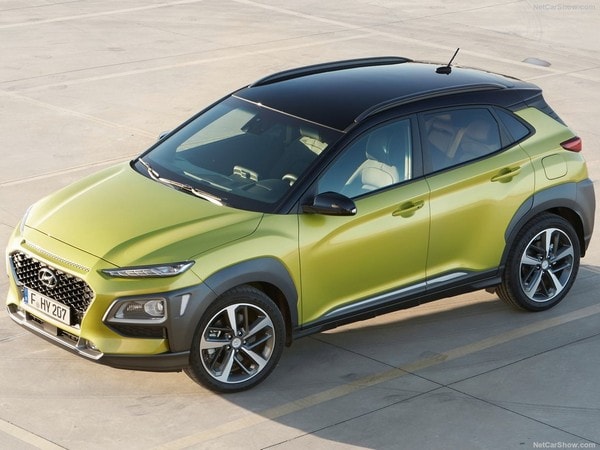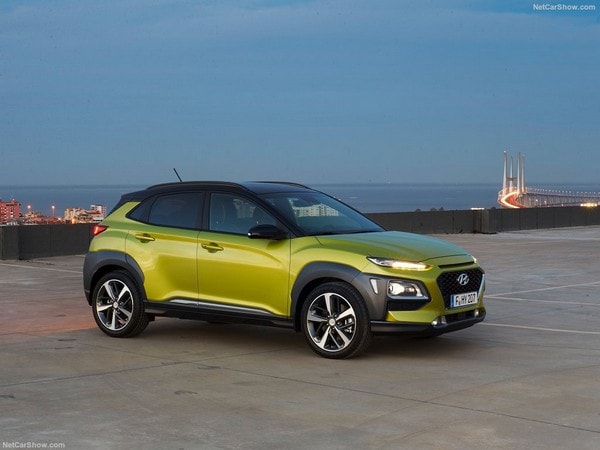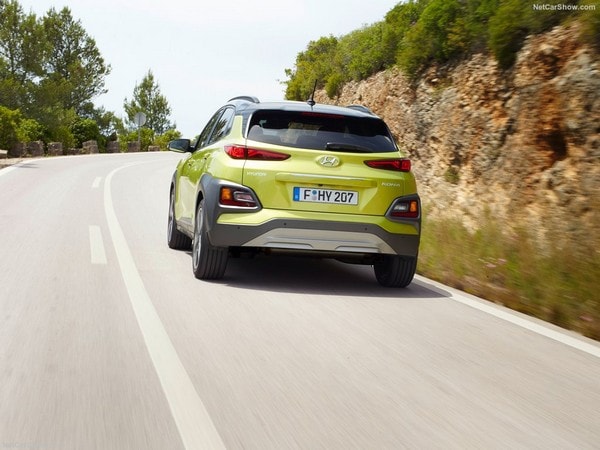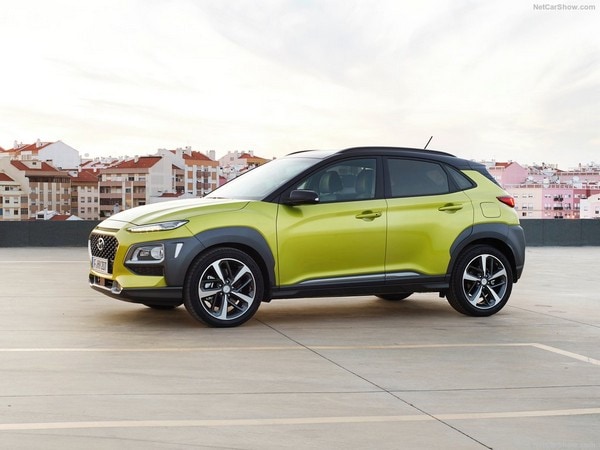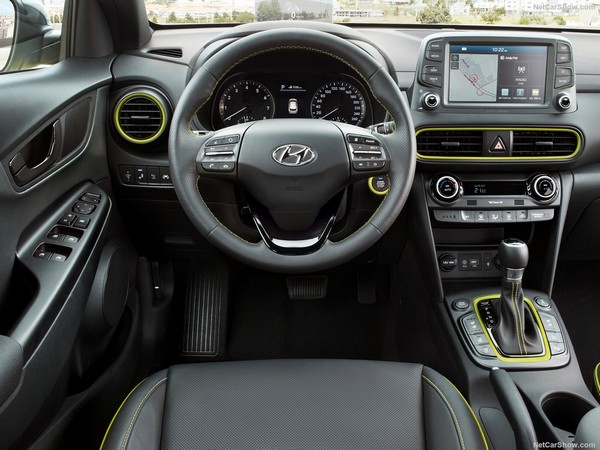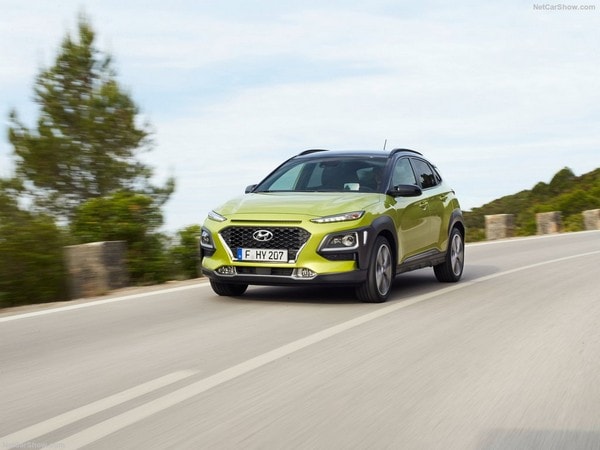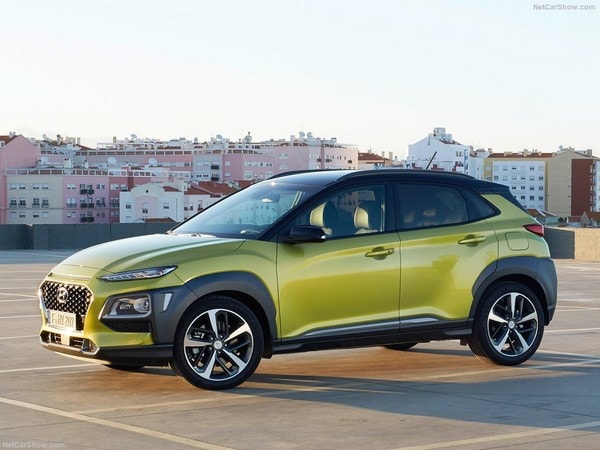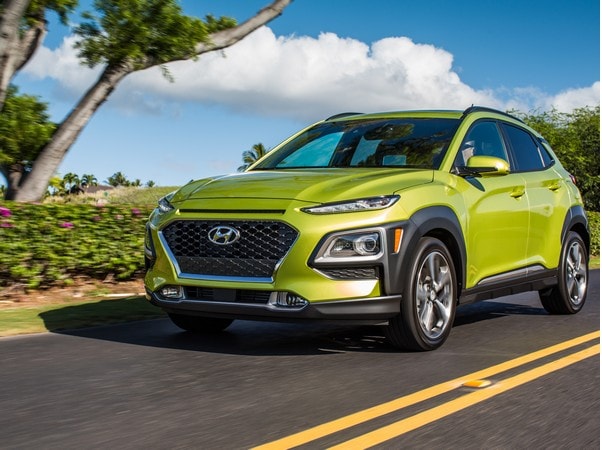January was off to a better-than-expected start, with sales exceeding last year’s levels by 1.2 percent. However, this momentum is being sustained by large fleet deliveries and incentives that have reached record levels. If makers back off on the discounts or cut production, analysts expect slower sales throughout the balance of 2018.
Sales of nearly 1.16 million vehicles were boosted by large fleet shipments by General Motors, Toyota and Nissan. It’s a reversal for GM, which had been trimming fleet sales last year to concentrate more on its higher margin retail business. It reported a 16-percent increase in fleet and a year-over-year increase of 1.3 percent in total volume. Toyota, which typically runs fleet business ranging between 10 and 15 percent saw its shipments increase by 69 percent in January, while Nissan boosted its fleet deliveries by 48 percent, according to data from Kelley Blue Book parent Cox Automotive. The Toyota fleet numbers helped boost that company’s overall sales by 17 percent over its January 2017 numbers. Nissan recorded a 10 percent year-over-year sales gain.
Among sales declines, FCA led with a 13 percent drop, which it attributes to a decision to cut back on fleet sales. Ford’s numbers were down 6.3 percent, due to a drop in car sales and a 12-percent cut in fleet deliveries. Honda’s sales were down marginally, just 1.7-percent over the same time last year.
While the year is off to a good start, analysts are predicting that higher interest rates and increasing new vehicle costs could temper the market. Some predict that sales will not crack the 17-million mark, as they have for the past three years. An S&P report predicts that “The marginal expected year-over-year contraction will be caused by the reduced availability of auto credit, falling used-car prices, rising interest rates, and less favorable lease options for consumers.”
Incentive spending is also hitting record highs and there’s some question as to whether manufacturers will sustain those levels or cut back production to protect profit margins. J.D. Power tracked incentives as running at an average of $3,733 per vehicle in January. So for now, the outlook for bargain hunters remains positive through February.
2018 Hyundai Kona priced
Ahead of its March launch, Hyundai has announced pricing on the 2018 Kona subcompact crossover SUV. The tidy sport-ute, which is positioned below the Tucson in the lineup, will start at just $19,500 for a base front-drive SE model equipped with a 2.0-liter normally aspirated 4-cylinder engine and 6-speed automatic. A total of four trim levels are offered, SE, SEL, Limited and Ultimate.
Mid-range SEL models, which also have the 2.0-liter engine, start at $21,150 for front-drive. Vehicles equipped with the contrasting roof color will cost $150 more. Limited models, which are equipped with a turbocharged 1.6-liter 4-cylinder engine with a 7-speed dual clutch transmission start at $24,700. Ultimate models with the same drivetrain will cost $27,400 in front-drive. AWD models are priced $1,300 more across the board and all prices exclude $950 delivery.
Genesis launches dealer net
At the other end of the Hyundai product spectrum, its luxury Genesis division announced that it will have a separate dealer network, informing existing dealers who had been handling the upscale models that they must apply for the 100 or so openings in the new network. These points will be positioned in key luxury markets identified by Genesis. And while initially, the Genesis lineup will be sold through temporary or shared facilities, the goal is to have standalone showrooms within three years.
“At Genesis, we believe in putting our customers first and giving them a proper ownership experience,” said Erwin Raphael, Genesis general manager. “To ensure that happens, we need to take this next step in the separation of the Genesis brand from our parent company. Establishing a right-sized Genesis retailer network, as our product portfolio grows, will ensure the Genesis brand can succeed and thrive long-term within the luxury automotive market.”
Some analysts felt that it would be difficult for Genesis to succeed by selling its upscale products from the same floor where buyers were shopping for economy cars like the Hyundai Elantra. Others believe the product line, which consists of the G90, G80 and G80 Sport sedans is not broad enough to support separate facilities. However, the 3-year timeframe will give the division enough breathing room to not only get the separate stores up and running, but also to fill out the product line. Next up is the G70 sport sedan based on the same architecture as the Kia Stinger and an all-new crossover SUV, bringing the Genesis model count to five.
BMW’s new car/ride sharing leases announced
If that Uber or Lyft driver pulls up in a BMW or Mini, you might have the financial arm of the German auto maker to thank for upscale ride. BMW Group Financial Services is allowing lease customers to use their vehicles for either ride or car sharing.
The new Car & Ride Sharing Lease has been launched in California, Oregon and Washington and permits the lessees to make extra income by either driving for ride services or renting their vehicles to sharing services when not in use.
“We are very excited to provide an industry-leading, customer-centric approach to mobility services that will allow our customers the ultimate in flexible utilization over the life of their contract with BMW Group Financial Services,” said Ian Smith, the CEO of BMW Financial Services Group, Region Americas. “As a company, we are committed to delivering a simple and transparent solution that optimizes our already premium customer experience.”
The new flexible lease term builds on BMW’s ReachNow program, an app that serves some 75,000 customers in Seattle, Portland and Brooklyn. Program members have on-demand access to 1,300 BMW and Mini vehicles, including the BMW i3 EV, in their neighborhoods. The app enables them to use any car in the fleet without requiring a visit to a rental counter or returning the vehicle to a specific location.
The rundown
Ram is promising more luxury from its redesigned 1500 pickup. It is set to launch the 2019 Ram 1500 Laramie Longhorn later this year, starting at about $50,000.
Infiniti has redesigned the QX50 crossover SUV with a new platform that’s larger and promises more comfort. Check out our First Review of the 2018 Infiniti QX50 here.
Shopping for a new family car can be a daunting task. But you can whittle the list down quickly with Kelley Blue Book’s 12 Best Family Cars of 2018.
In the market for a new car? Explore these useful tips on how to get the best deal:
Kelley Blue Book’s Complete Guide to Incentives
All you need to know about leasing
Which dealer services are right for you
What to look for in your next economy car
